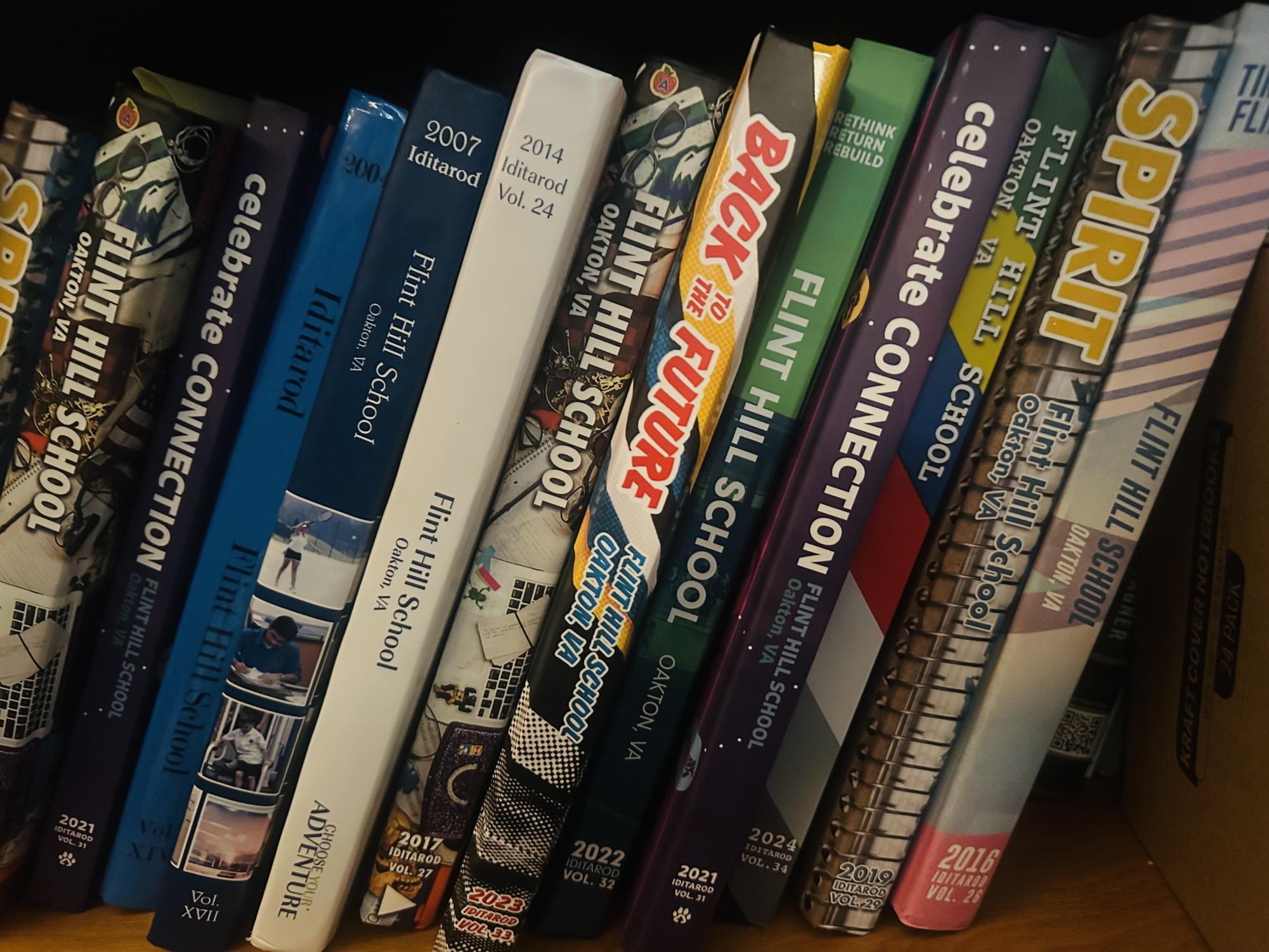The cancellation of the Yearbook Club at Flint Hill puzzled many students, especially those who had invested time and effort into its success. To gain more insight into what led to its end, I sat down with senior Jasmine Coates, a dedicated Yearbook Club member who had been a part of the club since her freshman year. She said, “I joined the yearbook club at the start of my freshman year of high school. Starting as a new student to Flint Hill, I was looking for clubs where I could get involved in my school and meet new people.”
Over time, her responsibilities grew, and by her junior year, she was appointed Editor-in-Chief, overseeing everything from designing the cover to ensuring deadlines were met.
When I asked Coates why the Yearbook Club had disbanded, she expressed that while she was not personally given a specific reason, she believed inefficiency played a key role. “I believe the yearbook was taken over due to the inefficiency of the club. Before COVID, the yearbook was a full-on class, requiring students to do their work, and if they didn’t, they would receive academic consequences. But those consequences were no longer present following the pandemic (and it becoming a club). If they didn’t want to do their work, they didn’t have to. This definitely led to a decrease in quality for the yearbook, but I believe that is not the fault of my amazing yearbook editors, our amazing faculty sponsor, or myself,” she said.
Shortly after my interview with Coates, the senior class discussed creating a school policy surrounding cellphone usage during the school day. Although this discussion was entirely separate, Don Paige, Head of the Upper School, made an interesting point. He asked me, “Do you think students’ access to phone usage has led to a lack of participation in the yearbook? Because you all can capture moments and memories on your iPhones, does that potentially explain the drastic change in interest in yearbooks?” A new perspective emerged on why interest in the yearbook might’ve declined. This insight added a complex layer to the discussion about the club’s cancellation. Paige’s question highlighted the larger cultural shift in documenting and remembering our school experiences. Phones allow students to capture moments instantly; consequently, the yearbook might feel less essential or relevant.
The Yearbook Club is canceled, yet the question remains: who is in charge of the yearbook now? According to Coates, “The yearbook is now taken over by the Flint Hill Marketing and Communications Department, with a little assistance from students in Graphic Design 2.”
Though the yearbook is still being produced, it no longer holds the same student-led spirit it once did. This discussion raises questions about how the school can adapt the yearbook tradition to remain relevant in a digital world. Should it continue to exist in its traditional form, or should it evolve alongside the technology we now use to capture our high school memories?



